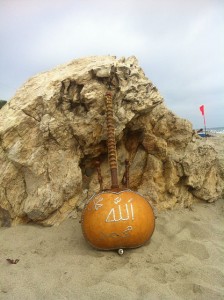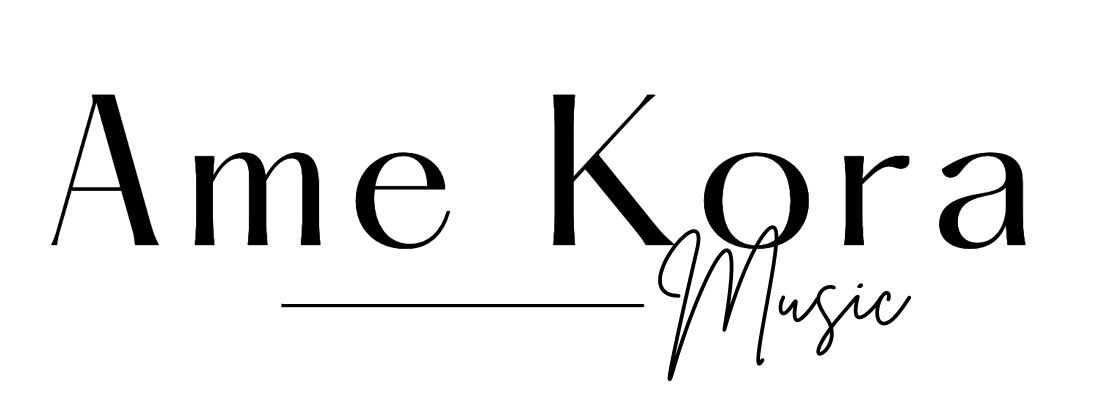Kora Lessons- The Wifi to Heaven

The Wifi to Heaven
You’ll gain much more than how to play an instrument when you learn the kora.
First, understand what it is.
A piece of handcrafted African rosewood, half a dried-out calabash covered with cow, sheep or antelope hide. And twenty-one strings held together by the tuning ring. These basic elements represent the earth and the plant and animal kingdoms. Combined they create the kora, the West African “harp”.
But it’s the hands and musicianship of a kora player that bring it to life. You’ll learn notes and chords when you begin. Harmonies, dynamics and melodies will follow with dedicated practice. Yet your kora learning goes beyond technical skills.
Develop a relationship with the kora and realize how it connects people across space and time. For classically trained musicians from the West, there’s the chance to learn new rhythms and musical dialogue. Be challenged to think differently and express yourself in ways you hadn’t known before.
Newcomers will be patiently guided. Like all good things, mastering the kora takes time but even if you want to try it out, you’ll be more than welcome. Amadou Fall is a maestro of the kora. He and his family are some of the best players in his native Senegal.
With twenty-eight years’ experience, Amadou can share the secrets of learning. Join the community and understand the values and principles of becoming a kora player.
Amadou describes the kora as almost human – “it’s like someone is living here; it’s telling things and opening doors”.
Apart from the kora, Amadou will introduce you to the spirit and soul of West African music. You’ll witness how to craft stories with words and music honed by decades of learning. Gain insights into the centuries-old tradition of passing on knowledge from father to son.
Learn about the Jali families and their revered status as genealogists, record-keepers and historians. They serve a fundamental role at all births, deaths and marriages in West African society even today. As mediators when conflicts arise, they are guardians of community, faith, family and friendship.
But the kora isn’t stuck in the past.
Mali Music (2002) produced by Damon Albarn and Toumani Diabaté is one of the most popular collaborations. Flamenco and kora styles combine on Songhai (1988) and Songhai 2 (1994). Meanwhile, Ballake Sissoko and cellist Vincent Segal created Chamber Music (2009), a unique mix of trip hop cello and the kora.
Meanwhile, young West African rap and hip-hop artists pay tribute to their Jaliyan roots.
You too can participate in this unique musical world. Learn the kora today and be a part of its evolving culture.
